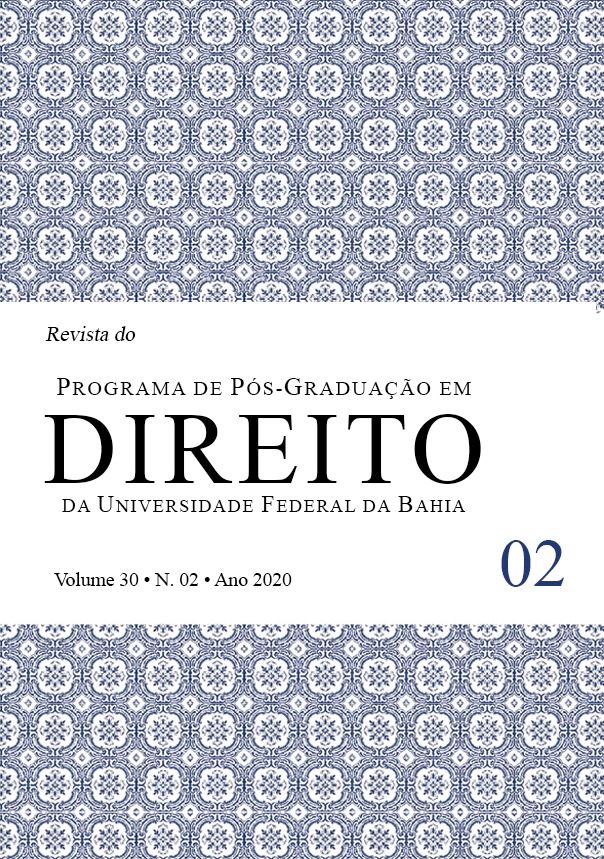JURIDICAL PLURALISM IN BRAZILIAN FAVELAS: COMMENTS ON LEGITIMACY
DOI:
https://doi.org/10.9771/rppgd.v30i2.42388Resumo
The Brazilian favelas shelter a large part of the Brazilian population, being largely composed of low-income and socially vulnerable residents, being not only away from the city centers but also from the social interest of the State. From its emergence to the present day, favelas are regarded as areas where formal state law does not arrive, and the lives of residents are run by informal norms, illegal from the point of view of the State and from social groups sometimes democratically instituted and others from criminal organizations that impose themselves with the use of force and violence. The following question that arises from this context of legal pluralism: in a reality of legal pluralism such as that of the Brazilian favelas, are there any alternative legal norms that are endowed with efficacy, acceptance and legitimacy? In order to answer this question, we sought, through the inductive method, the monographic procedure and the bibliographic research technique of the works of Wolkmer, Santos, Barbato Jr, among others, to demonstrate that legal norms developed in favelas whose origin whether in criminal organizations, has the legitimacy to coexist with state norms, as well as to fill the void left by the right of the State by its omission.Downloads
Downloads
Como Citar
Edição
Seção
Licença
1. Autores mantém os direitos autorais e concedem à revista o direito de primeira publicação, com o trabalho simultaneamente licenciado sob a Licença Creative Commons Atribuição 4.0 Internacional que permite o compartilhamentodo trabalho com reconhecimento da autoria e publicação inicial nesta revista.
2. Autores têm autorização para assumir contratos adicionais separadamente, para distribuição não-exclusiva da versão do trabalho publicada nesta revista (ex.: publicar em repositório institucional ou como capítulo de livro), com reconhecimento de autoria e publicação inicial nesta revista.
3. Autores têm permissão e são estimulados a publicar e distribuir seu trabalho online (ex.: em repositórios institucionais ou na sua página pessoal) a qualquer ponto antes ou durante o processo editorial, já que isso pode gerar alterações produtivas, bem como aumentar o impacto e a citação do trabalho publicado

